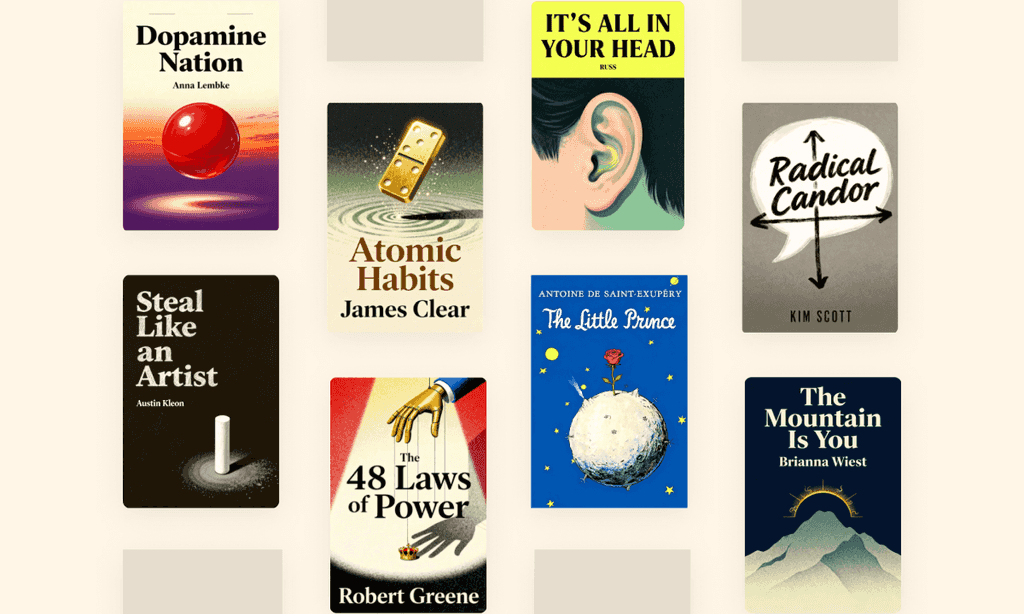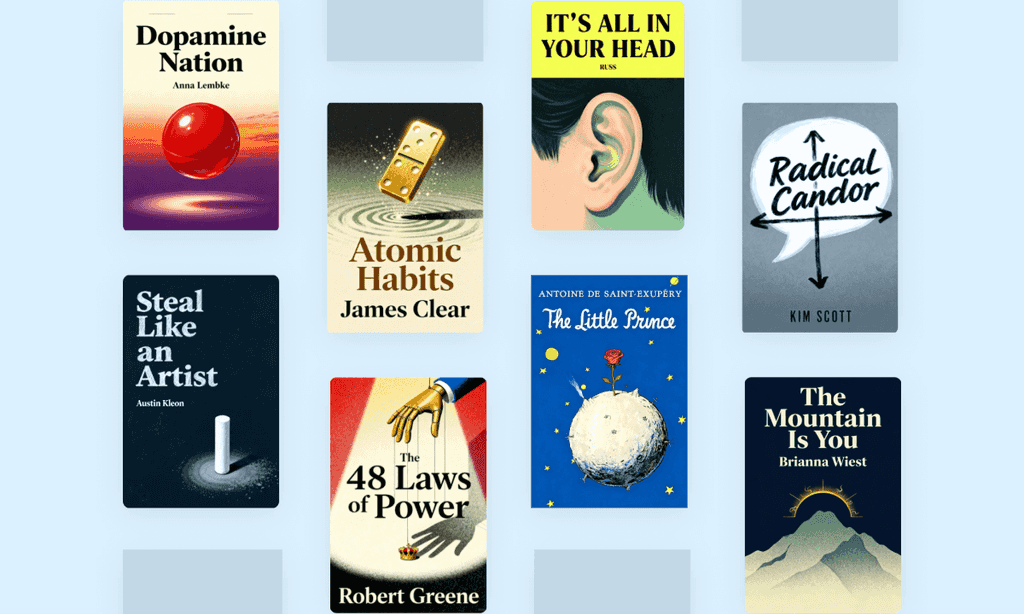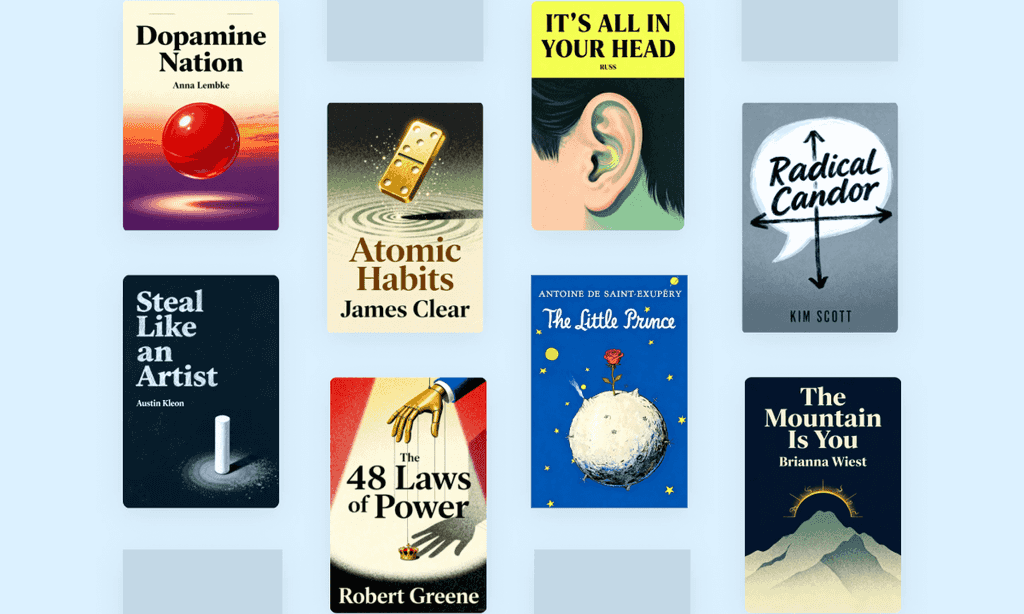Atomic Habits by James Clear

Overview of Atomic Habits
Transform your life one tiny change at a time with "Atomic Habits" - the 20-million-copy phenomenon reshaping how CEOs and athletes achieve excellence. James Clear's 1% improvement philosophy proves small shifts create extraordinary results. What invisible habit is sabotaging your success right now?
About its author - James Clear
James Clear is the #1 New York Times bestselling author of Atomic Habits and a leading expert on habit formation, decision-making, and continuous improvement.
A writer and speaker with a biomechanics degree from Denison University, Clear blends scientific research with practical strategies to help individuals and organizations master small, sustainable behavior changes. His work is rooted in personal experience, having rebuilt his own habits after a severe baseball injury ended his athletic career.
Clear’s insights are featured in major publications like Time, The New York Times, and Forbes, and he regularly advises Fortune 500 companies. His widely acclaimed "3-2-1" newsletter reaches over 1 million subscribers weekly, cementing his status as a trusted voice in personal development. Atomic Habits, a cornerstone of modern self-help literature, has sold over 7 million copies worldwide and been translated into more than 50 languages, establishing Clear as a transformative figure in the science of human behavior.
Key Takeaways of Atomic Habits
- 1% daily improvements compound into transformative long-term results through consistent habit stacking.
- Systems surpass goals: design processes that make success inevitable by focusing on daily routines.
- Identity shapes habits: act as the person you aspire to become to drive lasting behavioral shifts.
- Habit formation follows four laws: make cues obvious, cravings attractive, actions easy, and rewards satisfying.
- Environment design outperforms willpower: optimize spaces to prompt desired behaviors automatically.
- Two-minute rule: start small to overcome inertia and build momentum for complex habits.
- Habit tracking reinforces consistency by transforming abstract goals into visible progress markers.
- Identity over outcomes: every action is a vote for the person you wish to be.
- Plateau of latent potential: breakthroughs follow persistent small gains, not single efforts.
- Habit stacking builds routines by anchoring new behaviors to existing ones.
- Satisfying habits repeat: immediate rewards solidify long-term behavior changes.
- Atomic habits leverage tiny changes that create mismatched outcomes over time.















